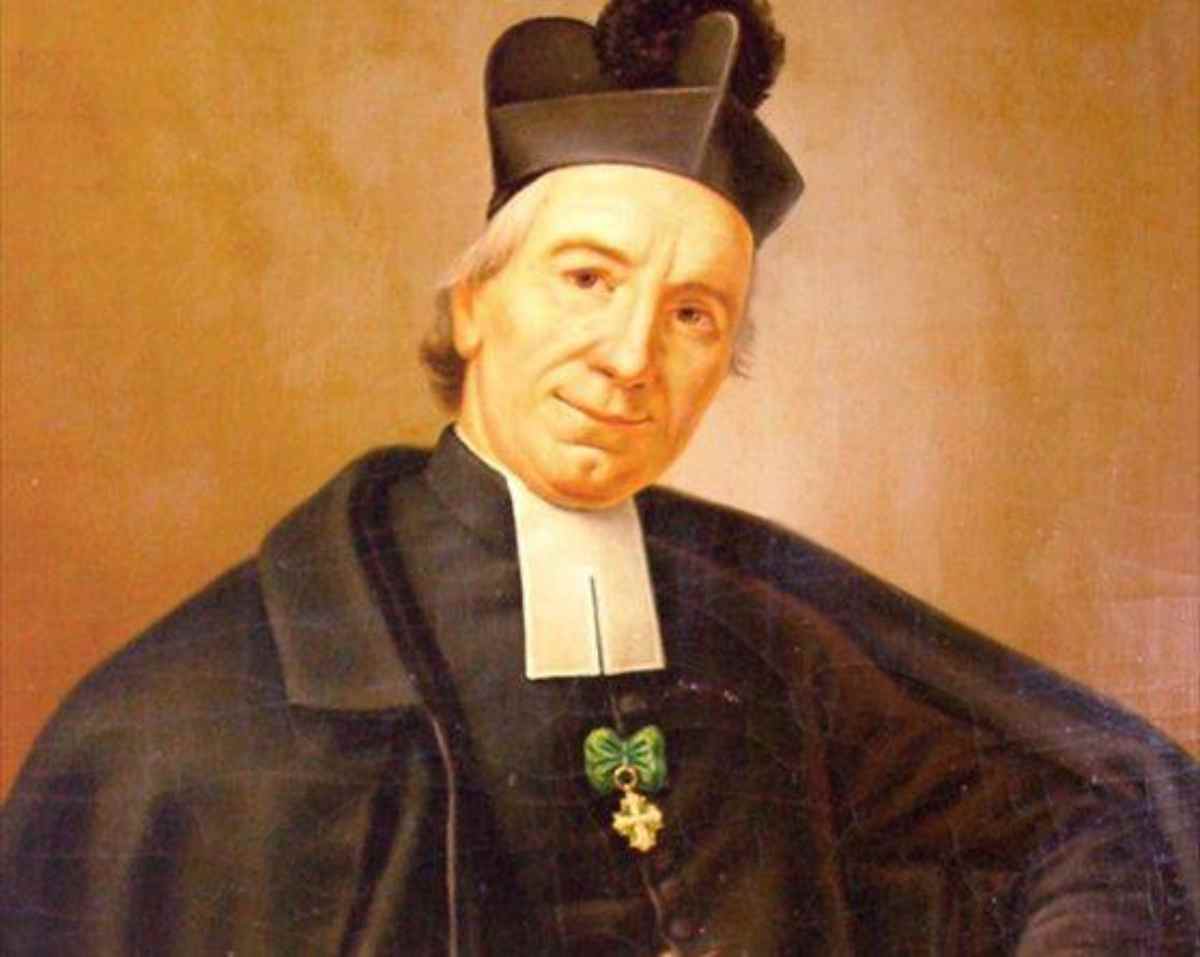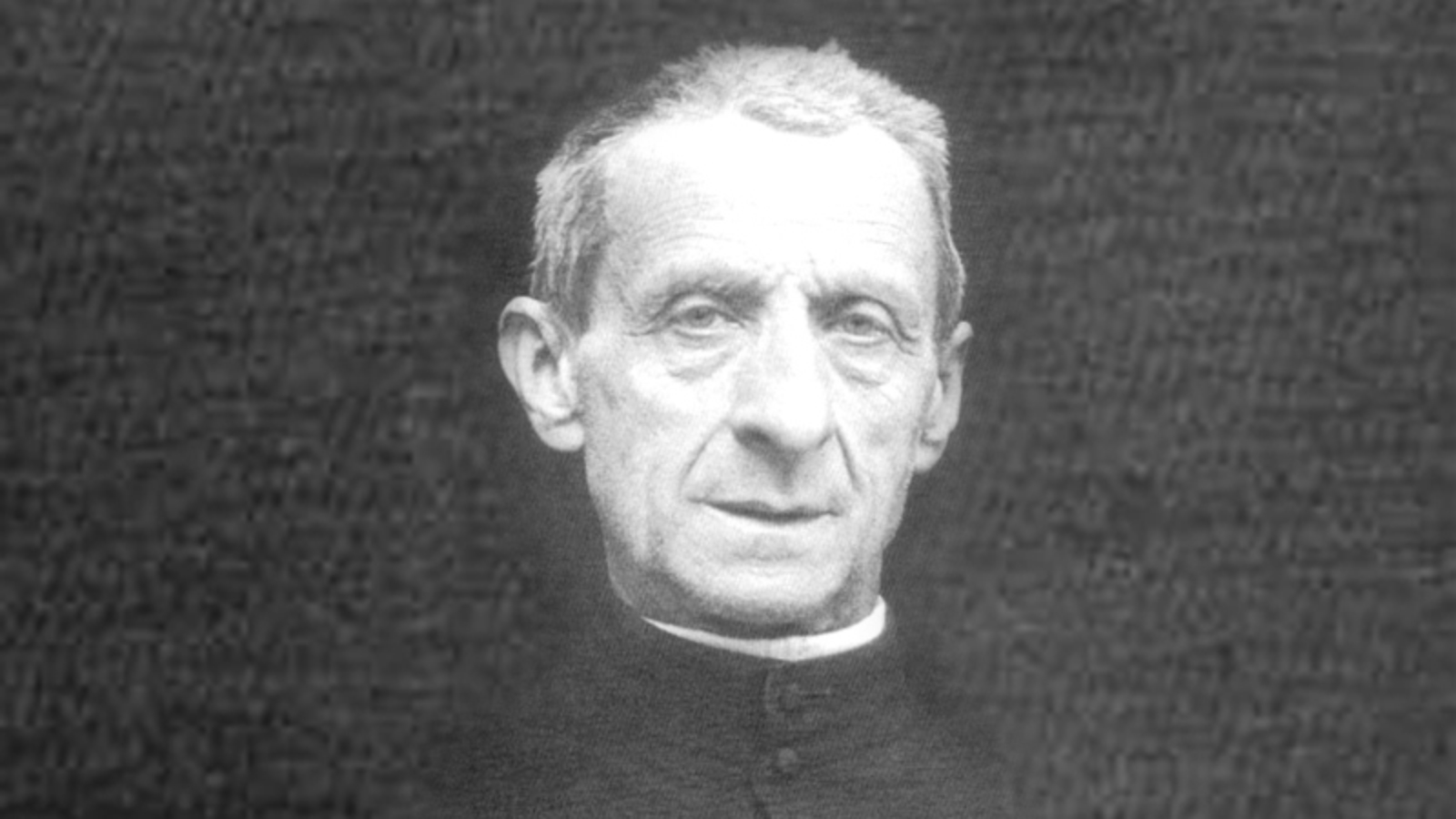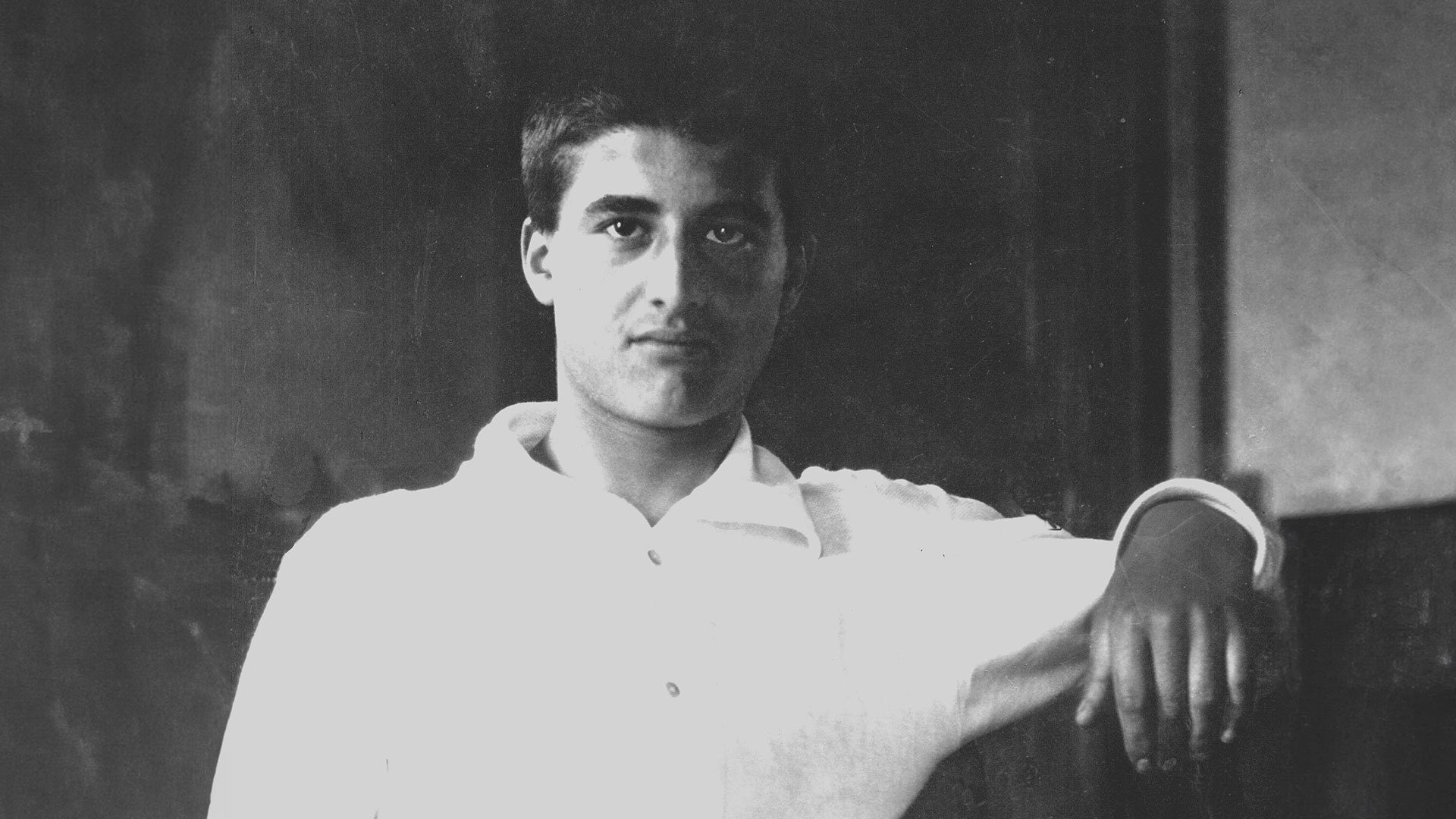
Giuseppe Cottolengo, the saint of Providence
There is in Turin a city within a city, a complex of buildings that has grown over time to become almost a neighborhood: it is Piccola casa della Divinia Provvidenza. At its entrance stand the words Caritas Christi urget nos: “The love of Christ spurs us on” (2 Cor. 5:14), the motto that, like the insignia of an entire life, guided and sustained the incredible enterprise of Joseph Benedict Cottolengo (1786-1842), proclaimed a saint by Pope Pius XI in 1934.
It was Sept. 2, 1827, when Joseph, a priest in his early 40s, was called to the bedside of a dying pregnant woman, suffering from tuberculosis and therefore rejected by Turin hospitals. The woman’s agony, the grief of her children and the misery surrounding her death prompted Cottolengo to create, with the help of some women, a shelter in the center of Turin in which to offer hospitality and care to those who could not find it elsewhere. Thus was born, on January 17, 1828, the Depot of the Poor Infirm of Corpus Christi, the seed from which the Little House, also known as “the Cottolengo,” would sprout.
These were the years when Turin, suffering the pangs of the first industrial revolution, gave birth to numerous what Pope Francis today would call “rejects,” that is, those who, unable to find placement and sources of subsistence in emerging economic mechanisms, are pushed back into the shadows of poverty and social insignificance. So the sick and the poor become the “jewels,” as he considered them, that guide Cottolengo’s work. A work that in ten years, from 1832 to 1842, expanded to become an infirmary for the acute and chronically ill, an institute and school for the deaf and dumb, an orphanage for men and women, a care center for the physically disadvantaged, and a nursery and elementary school for poor children. To the doctor who helped him from the beginning of his work he said one day, “Remember that the poor are and will be the ones who will open the gates of Heaven to you: so charity, always charity and always charity.”
But it is not only charity that moves Cottolengo. An unshakable faith in Providence acts in him, driving him to undertake his countless initiatives without ever doubting that they could come to fruition, even when financial resources were almost nonexistent. To those who expressed doubts and fears about the accounting management of the Little House he would say, “Do not record what Providence sends us. It knows how to keep records better than we do (…). Do not meddle in the affairs of Providence. And do not toil because it does not need you.”
“Prodigious man”, he was called by Camillo Benso, Count of Cavour. When Joseph died of typhus in 1842, there were about 1,300 people in the Little House, and his enterprise was only just beginning! Today “il Cottolengo,” in addition to various locations in Italy, is present in India, Kenya, Tanzania, Ethiopia, Ecuador, the United States (Florida) and Switzerland, where it continues to offer hospitality and medical assistance to the needy as ever.













